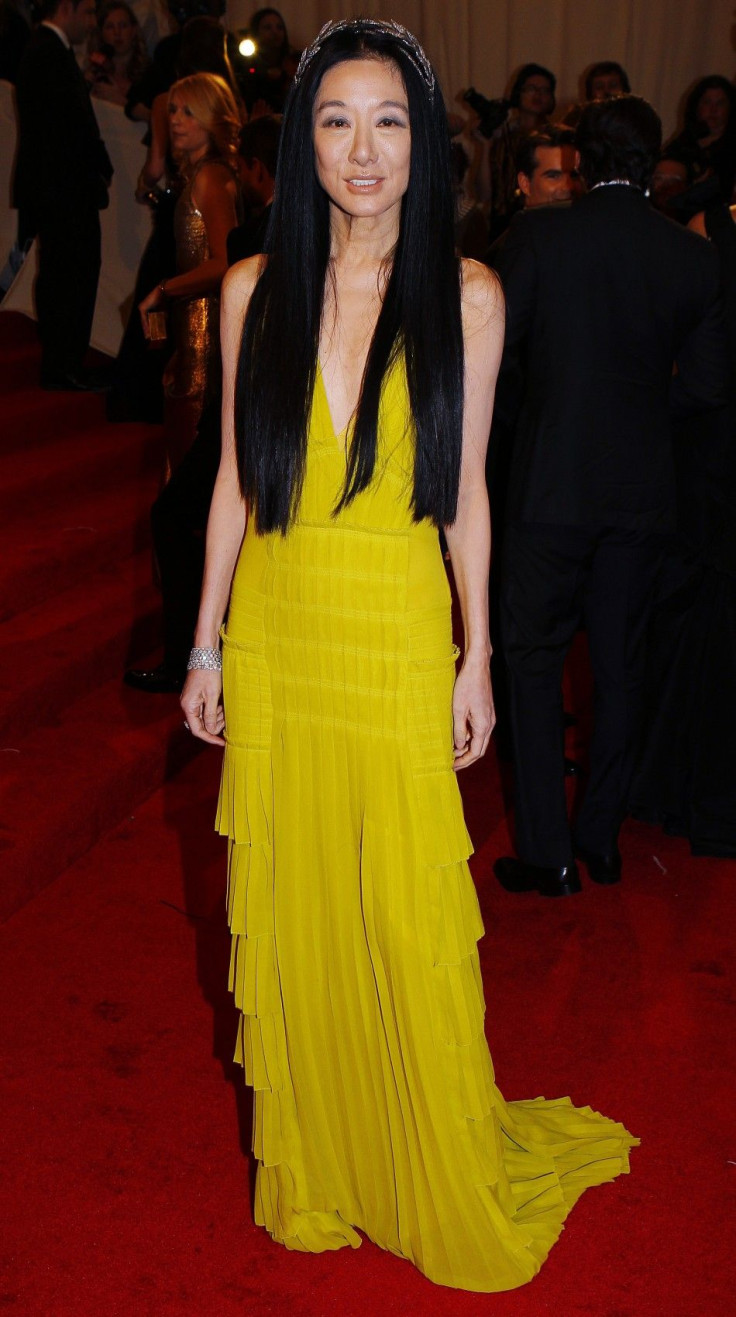Foreign Brands Struggle To Trust Consumers Due To China's Counterfeit Culture


Luxury brands in China have become popular as more of its citizens than ever before have become wealthy. But while many foreign companies profit from selling their items to Chinese consumers, combating the nation’s counterfeit culture continues to challenge them.
According to the Shanghaiist.com, a Shanghai-based blog, a designer Omega watch in China will go for about three times what it costs in, say, Milan. Even changing a watch battery, a typically complimentary service in most countries, could cost you about 1,600 yuan ($257 dollars) in China. For foreign brands, these extra fees add up to increased profits.
Recently, Vera Wang Bridal House Ltd., or VEW, the company owned by Chinese-American luxury wedding gown designer Vera Wang, had hoped to cash in on this inflated price phenomenon after it opened a two-story flagship store in the heart of Shanghai, where Wang's parents are from, to get a piece of China’s already competitive wedding market, which is estimated at roughly 80 billion yuan.
At first, Wang’s Shanghai store announced that it would charge China’s brides-to-be a 3,000 yuan fee for a 90-minute slot to try on wedding gowns. Under this policy, if a bride chose to purchase a dress, the fee would be deducted from the total, but if she didn't, the fee was non-refundable.
Despite the steep price tag just to try on the gowns, the Vera Wang store was able to keep busy. Still, criticism from local media expressed disappointment in the brand.
“The point is that this is the only worldwide outlet of the fashion house that imposes this rule,” an editorial published in the state-run Global Times said.
The Global Times report said a representative for VEW responded to the backlash of criticism both in China and overseas by saying the extra fee was to protect the designer's design copyrights. In other words, the company claimed that the fee would deter China’s counterfeiters from taking a gown into a dressing room to take pictures of them to help them reproduce cheaper, counterfeit copies of Wang's dresses.
While counterfeiting luxury brand items in China is valid concern, and while any bride seriously considering purchasing a Vera Wang gown (which can cost up to $48,000) would likely see the additional charge as just another minor fee, the criticism did not subside.
China’s netizens lambasted Wang online; they claimed the additional fees were little more than a form of discrimination against and exploitation of Chinese consumers, and that Wang didn’t trust her Chinese customers, many of whom saw the store opening as a homecoming of sorts.
As it turned out, the criticism was effective. After the uproar online, a Vera Wang spokeswoman told Reuters that the company would scrap the extra fee.
“Please kindly be informed that Vera Wang has abolished appointment fees at her bridal salons worldwide starting from March 27, 2013,” the spokeswoman told Reuters.
That aside, copyright concerns do continue to harm luxury brands' profits in China. Last year, Italian brand Dolce & Gabbana had a public relations snafu when people complained that they were being physically barred from taking photos of anything related to the store, including the storefront for the design house’s Hong Kong flagship store, presumably to protect the copyright of its designs.
While there is certainly a growing market for people willing to pay full price for authentic products, foreign brands acknowledge that China’s counterfeiter still dominate the consumer market for luxury items.
© Copyright IBTimes 2024. All rights reserved.






















